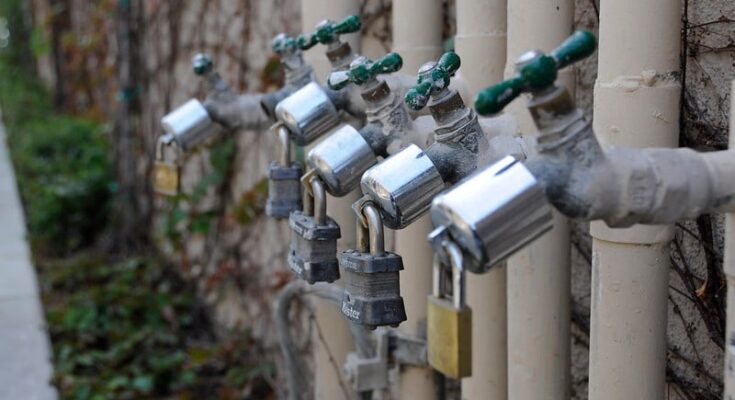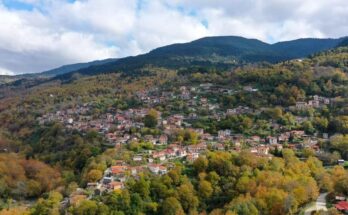Greece is facing a severe water shortage problem this summer due to the extreme heat and drought.
The country has to deal with the consequences of long periods without significant rainfall in many areas..
A recent study conducted by the National Observatory of Athens and published in the scientific journal “Atmospheric Research” revealed shocking details about the problem.
The average annual rainfall in Greece has decreased by approximately 12 per cent in the period between 1971-2020 compared to the years from 1901 to 1970.
The situation is even worse in southern regions like the Aegean islands and Crete, where one-fifth of the average rainfall has disappeared.
These figures might not sound too high. However, they are a significant reduction overall, particularly because we talk about average figures for decades rather than random annual data.
Consequences of the water crisis
The consequences of this alarming trend can be deep and might affect Greek society on multiple levels.
The persistent water shortages could affect various sectors of the economy of the country adding pressure to the nation’s finances.
Greece’s agricultural production and crop quality, elements that are crucial for the country’s well-being, have already taken a turn for the worse. This, along with constant wildfires that ravage large parts of the country each summer, provides for truly dire conditions.
The Greek islands, Greece’s front line of the country’s tourism, have been facing water shortages during the tourist season for decades. Particularly when some of these islands have their population skyrocket every summer season.
This sudden and uncontrolled increase in residents has obviously negative effects on the local water supply, as demand increases significantly.
Factors contributing to the water shortage
Climate change is obviously the main reason behind these water shortages.
The average reduction in annual rainfall can only make things worse. Furthermore, other factors such as the uncontrolled use of limited water resources to fill swimming pools and water grass in large resorts, added to the Greek habit of hosing down the paved areas, sidewalks and streets around their houses, exacerbate the situation.
For Greece to be able to tackle the water shortages, immediate measures need to be taken. These would include better management of the current water resources, investment in the country’s irrigation systems and water infrastructure, as well as better management of wildfires, which destroy large landmasses every year.
The Greek government has taken steps to address the issue including multiple public campaigns to raise awareness and hopefully change habits. Among the wide spectrum of government measures is also the prioritisation of water usage in areas vulnerable to drought.



